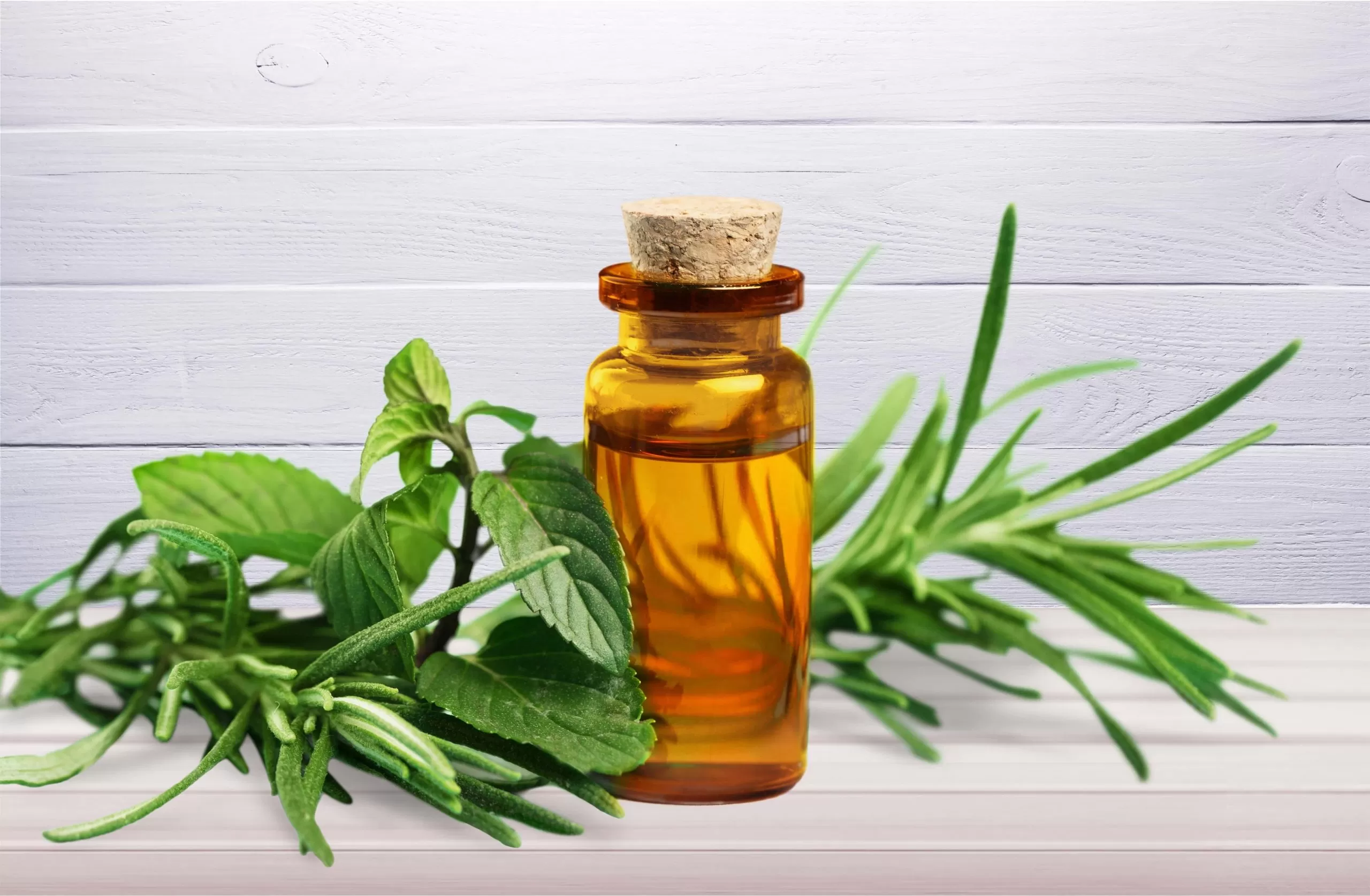Tea tree oil offers natural benefits when applied topically. It may eliminate certain bacteria and support skin health when used as recommended.
Despite evidence of health benefits, the FDA does not monitor or regulate the purity or quality of essential oils. It is crucial to consult a healthcare professional before using essential oils and to research the quality of a brand’s products thoroughly. Always conduct a patch test before trying a new essential oil.
Tea tree oil is an essential oil with multiple uses, including promoting the health of your skin, hair, and nails.
In addition to its scientifically backed benefits, tea tree oil is affordable and safe when used correctly.
This article outlines 14 everyday uses for tea tree oil and provides guidance on its safe and effective use.
What is Tea Tree Oil and How Does It Work?
Tea tree oil is derived from the leaves of Melaleuca alternifolia, a small tree native to Queensland and New South Wales, Australia.
Although Melaleuca alternifolia is known as the tea tree, it should not be confused with the plant used to make black, green, and oolong tea.
Tea tree oil has been used as a traditional medicine by the Aboriginal people of Australia for centuries. These native Australians crush tea tree leaves to extract the oil, which they inhale to treat coughs and colds or apply directly to the skin for healing.
Today, tea tree oil is widely available as a 100% undiluted (or neat) oil. Diluted forms are also available, ranging from 5–50% strength in products designed for the skin.
Tea tree oil contains several compounds, including terpinen-4-ol, which have been shown to kill certain bacteria, viruses, and fungi.
Terpinen-4-ol also appears to boost the activity of your white blood cells, which help fight germs and other foreign invaders.
These germ-fighting properties make tea tree oil a valued natural remedy for treating bacterial and fungal skin conditions, preventing infection, and promoting healing.
Hand Sanitiser
Studies have shown that tea tree oil kills several common bacteria and viruses responsible for causing illness, including E. coli, S. pneumoniae, and H. influenzae.
In fact, a study testing several types of handwash found that adding tea tree oil to the cleansers boosted their effectiveness against E. coli.
Studies continue to confirm that hand sanitisers containing tea tree oil are effective for hand disinfection, killing bacteria without antibiotics.
Insect Repellent
One study found that 24 hours after being treated with tea tree oil, cows had 61% fewer flies than cows not treated with tea tree oil.
Tea tree oil is also used in agriculture to keep ants off produce and is an effective mosquito repellent.
A test-tube study revealed that tea tree oil had a greater ability to repel mosquitoes than DEET, the most common active ingredient in commercial insect repellents.
Natural Deodorant
Sweat itself does not smell. However, when secretions from your sweat glands combine with bacteria on your skin, a moderate to strong odour is produced.
Your underarm area contains a large concentration of these glands and is mainly responsible for what is commonly referred to as body odour. Tea tree oil’s bacteria-fighting properties make it an ideal natural alternative to commercial deodorants and antiperspirants.
Antiseptic for Minor Cuts and Scrapes
Injuries that break the skin make it easy for germs to enter your bloodstream, which can lead to infection.
Tea tree oil can be used to treat and disinfect minor cuts and abrasions by killing S. aureus and other bacteria that can cause infection in open wounds.
Boost Wound Healing
In addition to preventing infection in cuts and abrasions, tea tree oil may also encourage wound healing.
Research has shown that tea tree oil helps reduce inflammation and triggers the activity of white blood cells that are instrumental in the healing process.
Tea tree oil is a known antibacterial, antifungal, and antioxidant, and these actions help reduce inflammation and enhance healing.
Fight Acne
Tea tree oil can be a powerful weapon against acne. Several studies have shown that it helps reduce the amount and overall severity of acne.
Some acne is caused by bacteria that are becoming resistant to traditional antibiotics. Scientific examination of tea tree oil found that its application not only reduced the activity of bacteria but also killed them in the lab after 4 to 6 hours.
Get Rid of Nail Fungus
Fungal nail infections are quite common. Although they are not dangerous, they can be unsightly. There are medications that can treat nail fungus, but some people prefer a more natural approach.
Tea tree oil has been shown to help eliminate nail fungus when used alone or in combination with other natural remedies, with fewer side effects than traditional medications.
In a controlled study, people with nail fungus used straight tea tree oil or an antifungal medication for six months. At the end of the study, about 60% of people in each group experienced partial or full resolution of the fungus.
Chemical-Free Mouthwash
One study found that tea tree oil was more effective against plaque-causing bacteria than chlorhexidine, a common disinfectant and oral rinse. Moreover, its taste was found to be less objectionable.
A 2020 study found that a tea tree oil mouthwash was an effective treatment to reduce the inflammation of gingivitis.
All-Purpose Cleaner
Tea tree oil makes a great all-purpose cleaner that also sanitises surfaces.
Plus, it does so without leaving traces of chemicals you wouldn’t want your family members or pets coming into contact with.
Soothe Skin Inflammation
A common form of skin irritation is contact dermatitis, which occurs when your skin comes into contact with an allergen, such as nickel. Exposure to the allergen leads to red, itchy, and sometimes painful skin.
Both animal and human research suggests that applying tea tree oil may help reduce the severity of these symptoms.
Control Dandruff
Dandruff, or white flakes of dead skin that fall from the scalp, isn’t dangerous. However, it can be annoying and embarrassing for some people.
Adding tea tree oil to shampoo has been found to reduce dandruff. This is thought to be related to its antifungal properties. And because it is slightly more acidic than your skin, it helps clear the dandruff scales.
Treat Athlete’s Foot
Known medically as tinea pedis, athlete’s foot is a contagious fungal infection on the feet that can also spread to the toenails and hands. Symptoms include peeling, cracking, blisters, and redness.
Antifungal medications are considered the standard treatment for athlete’s foot. Yet studies suggest that tea tree oil may be an effective alternative for relieving symptoms.
In a controlled study of 158 people, 72% of the tea tree oil group had significant clinical improvement in athlete’s foot, compared with 39% in the placebo group.
The Bottom Line
As you can see, tea tree oil can be helpful for a number of reasons.
It’s an inexpensive natural alternative to chemical-based skin and nail treatments, personal care products, and disinfectants, among other things.
However, tea tree oil is not a magic cure-all. In fact, some people may experience skin irritation or an allergic reaction after using it.

